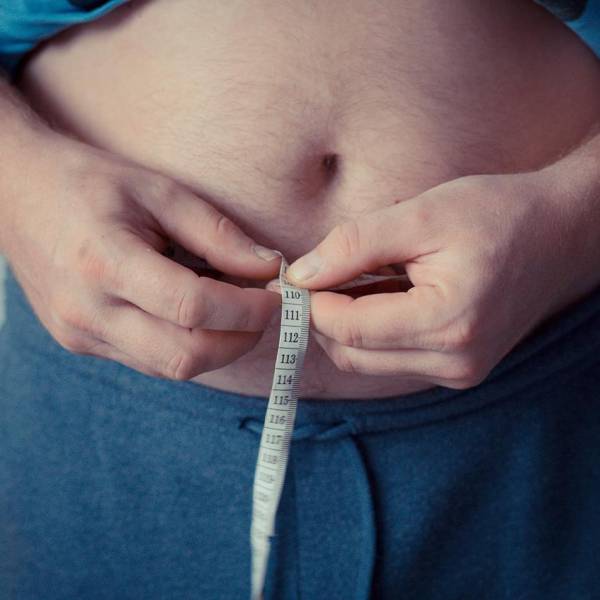Does our metabolism really change after the age of 20?

the Metabolism It is the process by which the body converts nutrients, fats, and proteins into energy so that the different parts of the body can function properly. Likewise, this process has been said to be the key to gaining or losing weight the smart way.
Many people think so Metabolism slows down after age 20So from there you start to gain more weight. Others say that women’s metabolism is slower than men’s and that menopause makes it worse. However, a Recent research from Duke University, in the United States, demystifies these beliefs.
After analyzing more than 6,000 people, researchers concluded that There are no differences between the metabolic rates of men and women And that there are four periods of life in which the metabolism is charged.
Prior to this research, it wasn’t clear how body size or aging affected metabolism, said Duke University evolutionary anthropologist Dr. Hermann Ponser. “These are the basic and basic things that one would think could have been answered 100 years ago‘, announced to The New York Times.
To draw conclusions, researchers from nearly 40 laboratories around the world agreed on basic principles that govern human biology that are independent of cultural factors. Thus, they took into account the amount of carbon dioxide a person exhaled during their daily activities, their weight, their height, and their percentage of body fat.
The study identified four moments:
I, in Childhood Until the first year of life. over here Burning calories at its peak, 50% more than adults. second moment From the first year until about the age of twenty. Here is the metabolism It slows down about 3% each year.
However, from 20 to 60 years, the process of burning calories remains stable. is called, Young people and old people who do the same activities will burn the same calories. From the age of 61, metabolism by 0.7% for each passing year At 95 years of age the reduction is 20%.
Experts explained that due to genetics and ethnicity, as well as their lifestyle, some people’s metabolism may be 25% below average or 25% higher. However, these values do not change the general conclusions.
Another shocking discovery is that children, During the first month, they have the same metabolic rate as their mothers. According to the New York Times, Dr. Ponser hypothesized that newborns would have the highest metabolic rate ever, according to the biological rule that young animals burn calories faster.
Dr. Samuel Klein of the Center for Human Nutrition at Washington University School of Medicine in St. Louis noted while monitoring the study that Weight gain in adults can no longer be attributed to a slow metabolism, but rather to other factors. It is evident that the energy requirements of the heart, liver, kidneys and brain, which are the major motors of the body, barely make up 5% of the body weight.
According to experts, the fact that the metabolism slows down gradually at the age of 61 indicates that there are organs in the body that consume less energy, which may be a key factor in understanding chronic diseases.
“There is a myth of youth retention. This is not what biology says. Around sixty, things started to changeRosalyn Anderson, MD, professor of medicine at the University of Wisconsin.

“Future teen idol. Hardcore twitter trailblazer. Infuriatingly humble travel evangelist.”




:quality(85)/cloudfront-us-east-1.images.arcpublishing.com/infobae/BNGH73UCKQAZSQPCODUWO2BE5Y.jpg)





